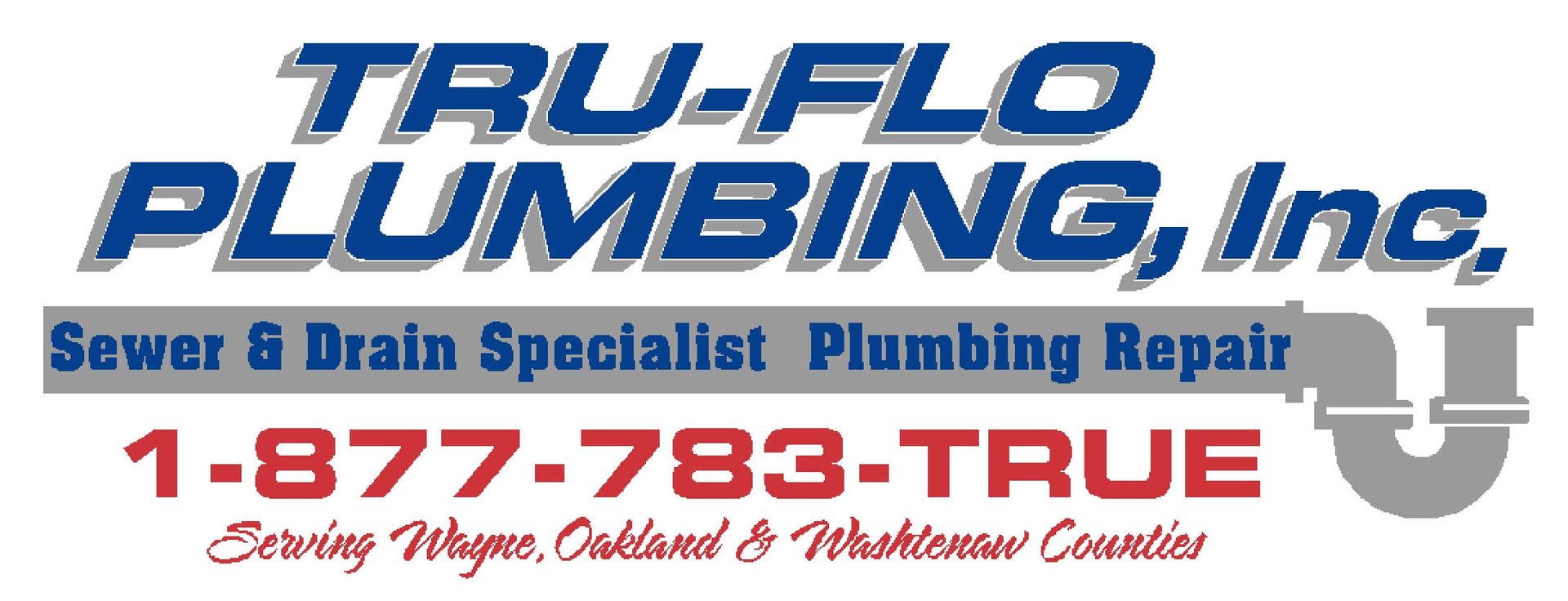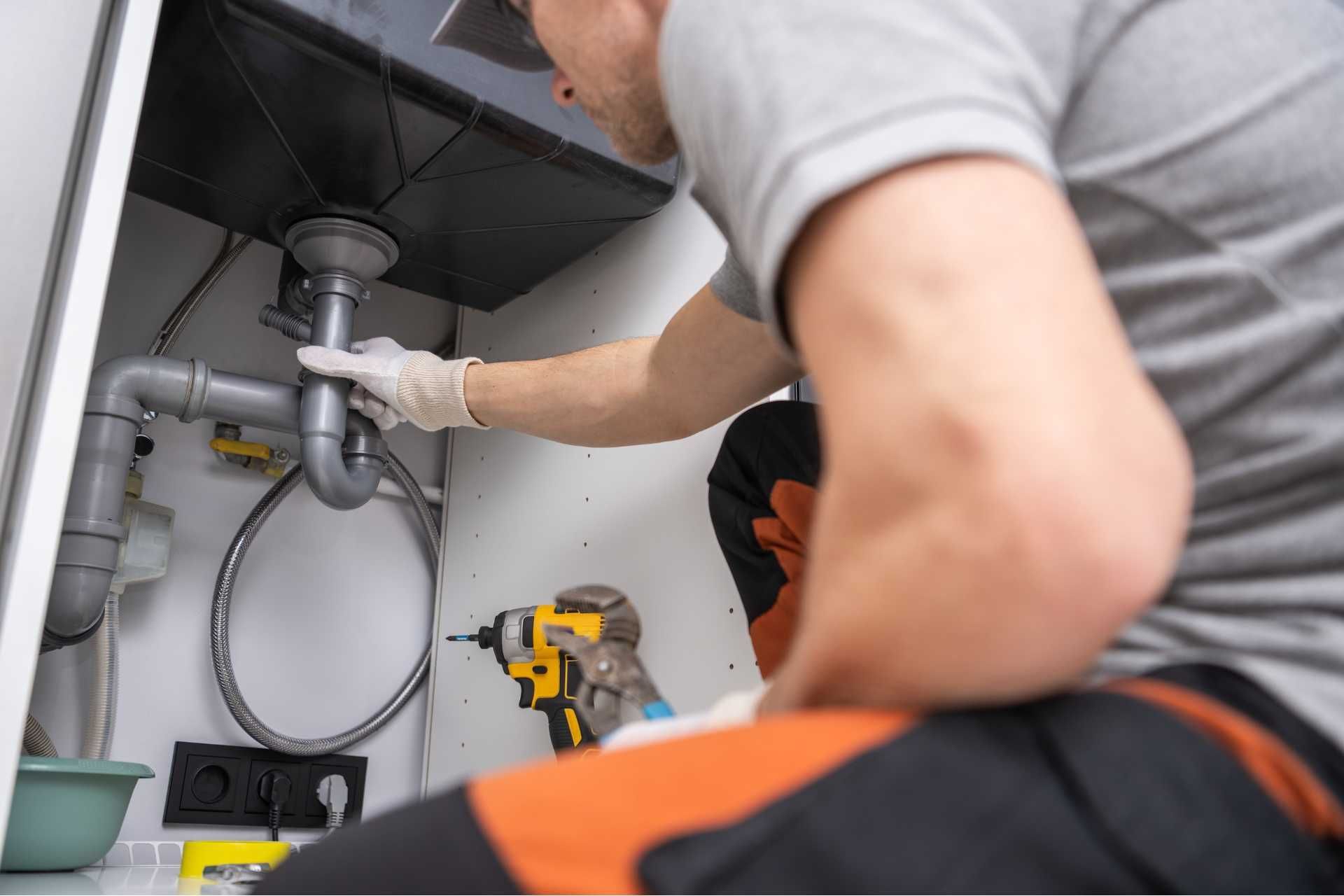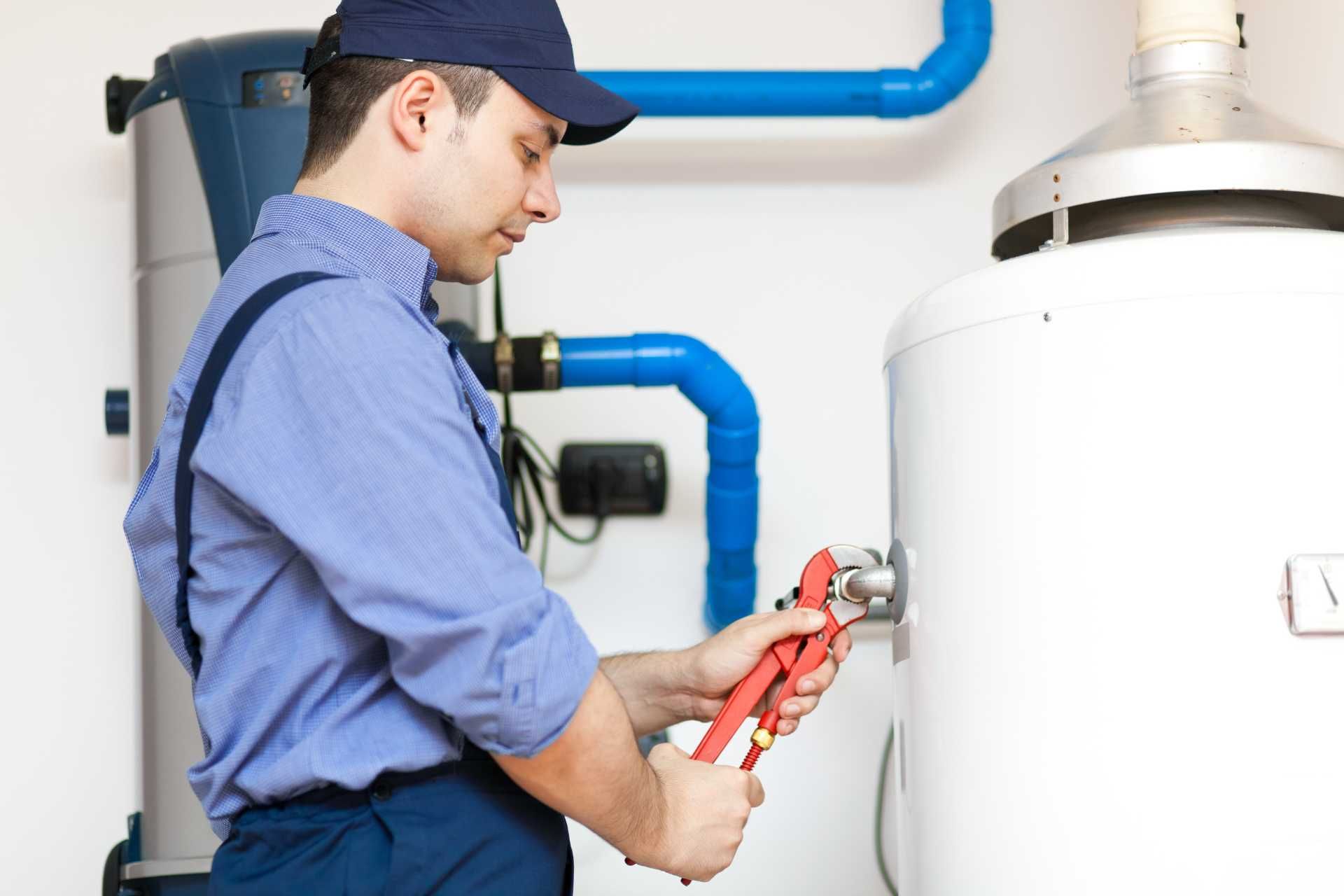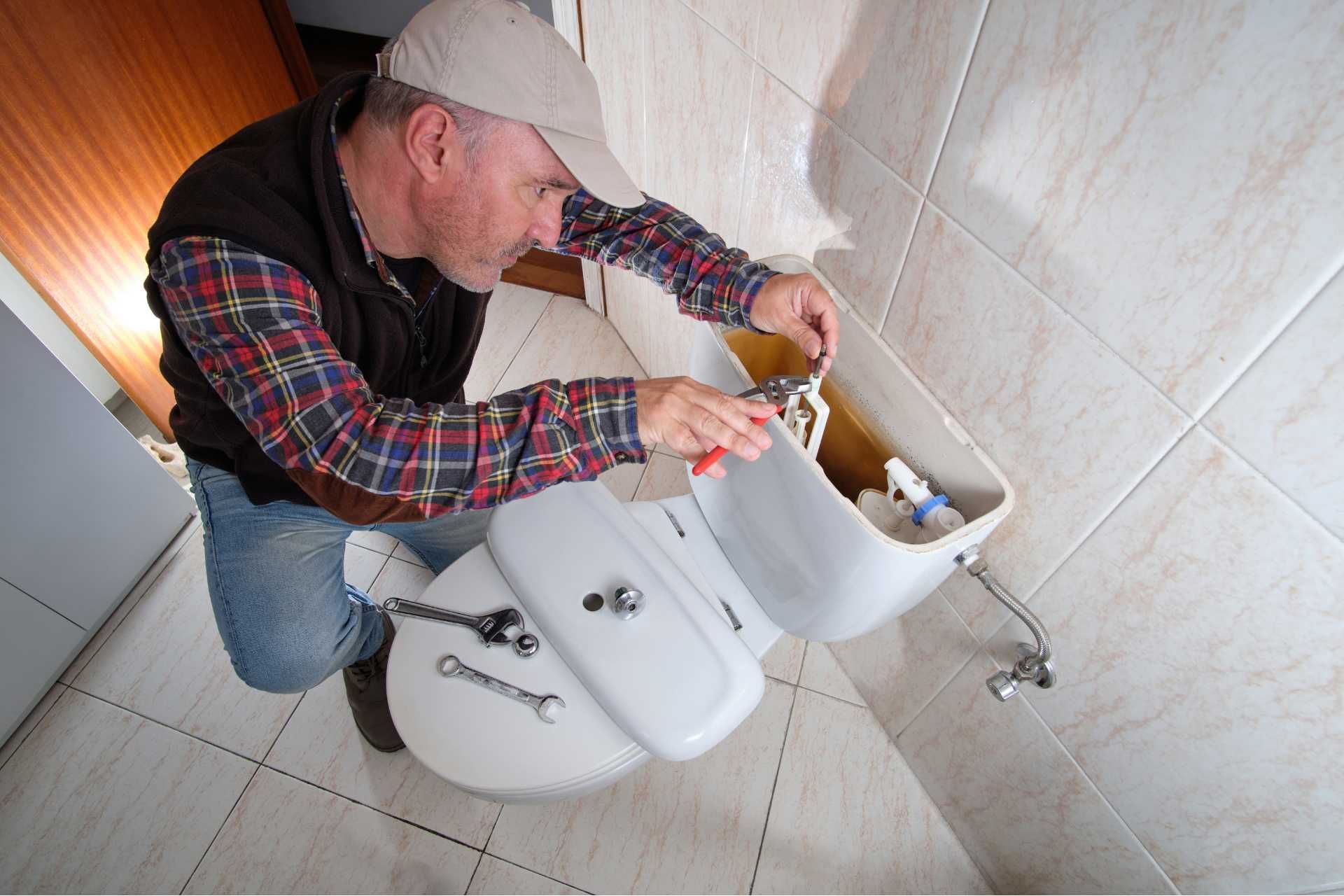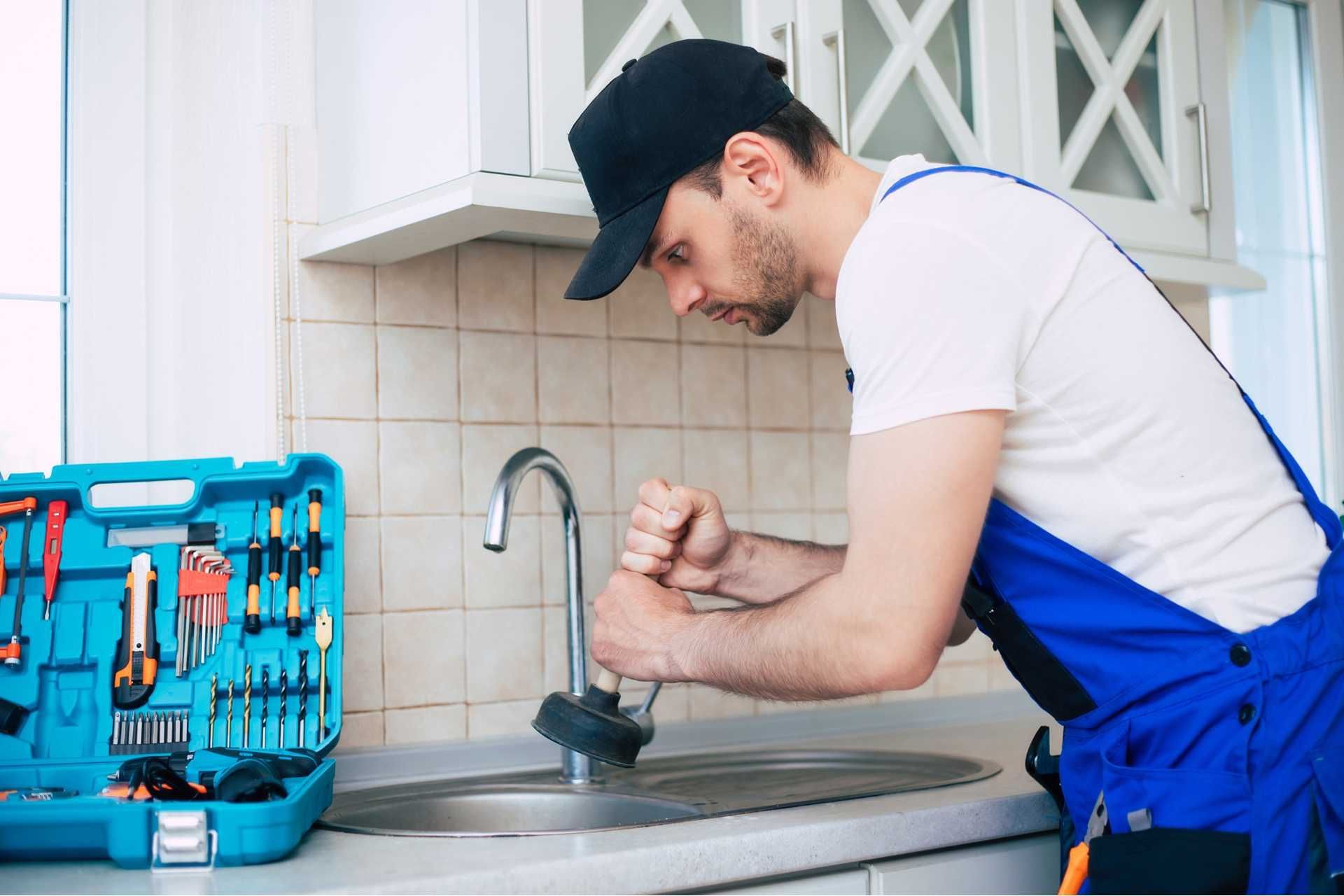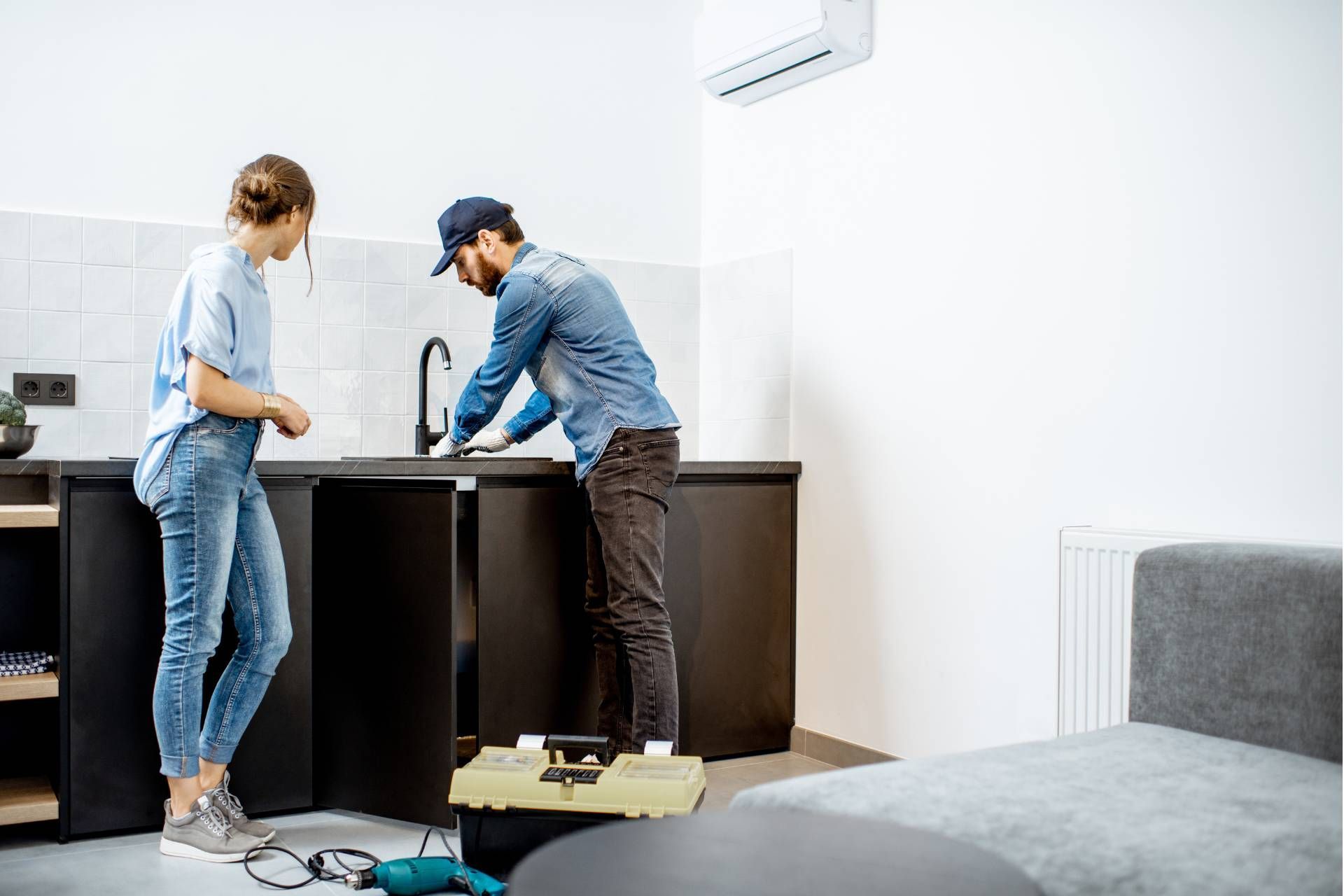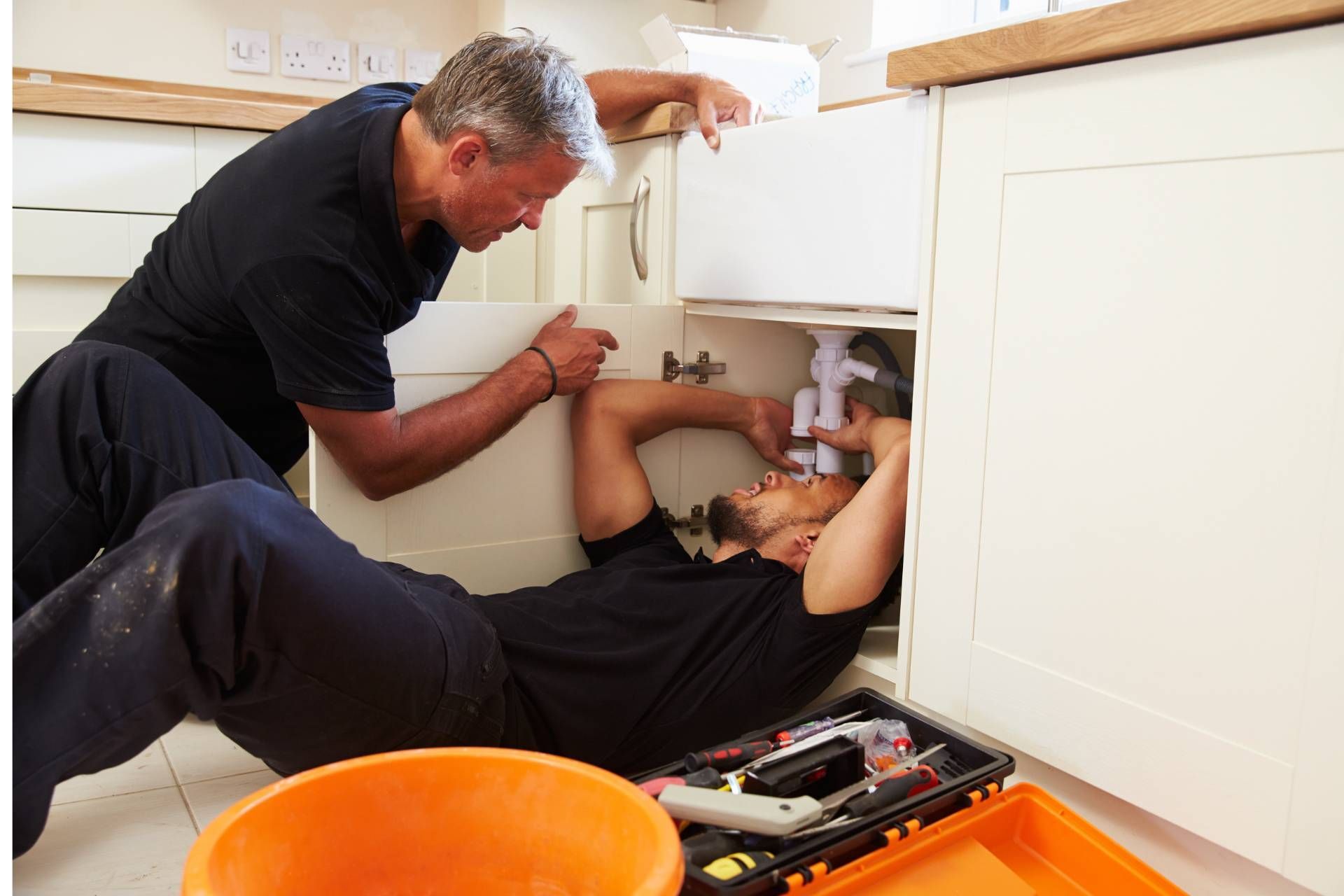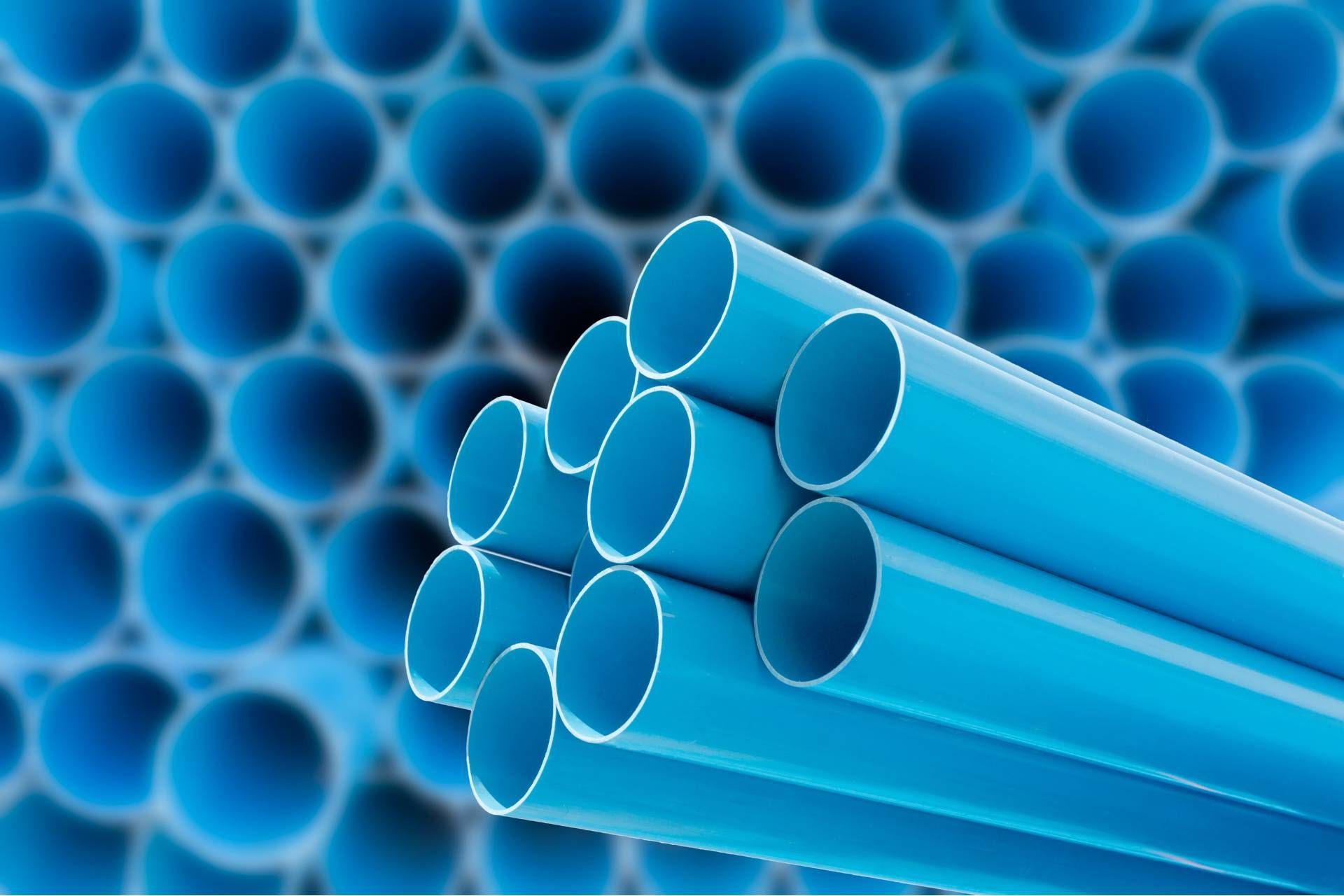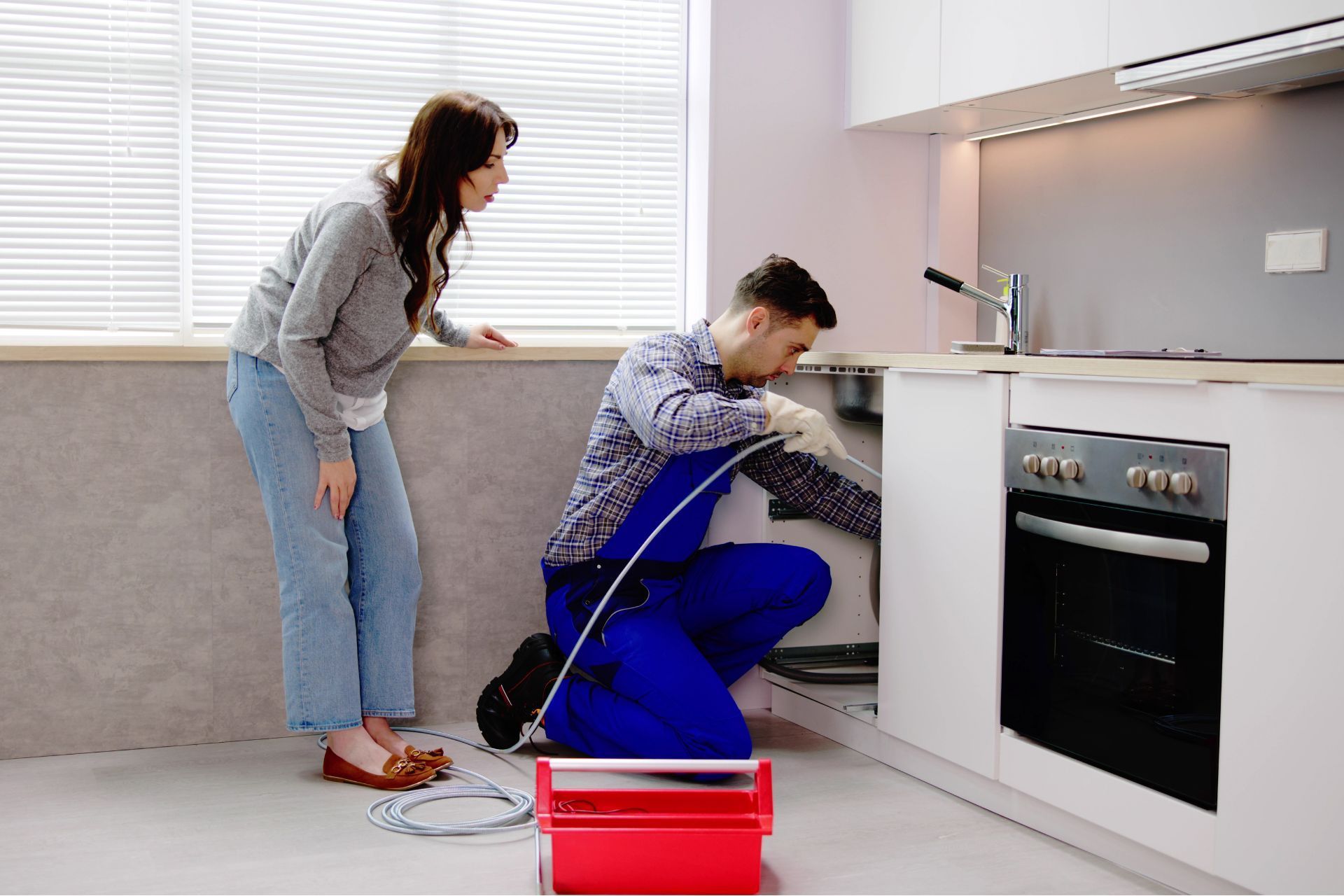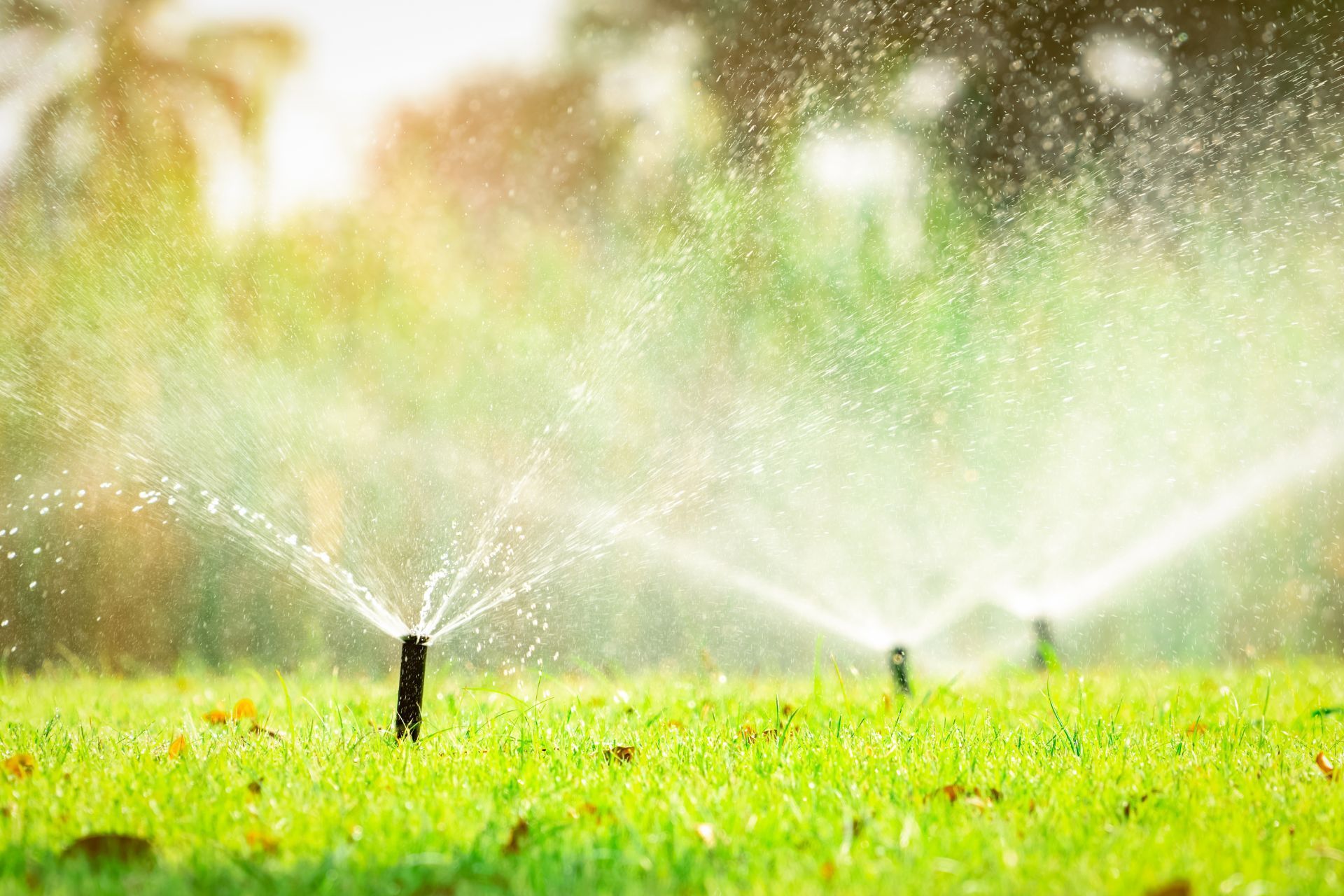How Often Should you Clean your Kitchen Sink Drain?
Maintaining a clean sink drain is crucial for a healthy kitchen environment, but determining the right frequency can be puzzling.
The kitchen sink drain is one of those things that can easily get overlooked when it comes to cleaning. Most of us are quick to wipe down the counters, scrub the stovetop, and mop the floors, but how often should you clean your kitchen sink drain the attention it deserves?
Factors such as usage patterns, food disposal habits, and the presence of a garbage disposal all play a role in this decision.
To ensure your kitchen remains a hygienic space, it's essential to understand the ideal cleaning schedule for your sink drain.
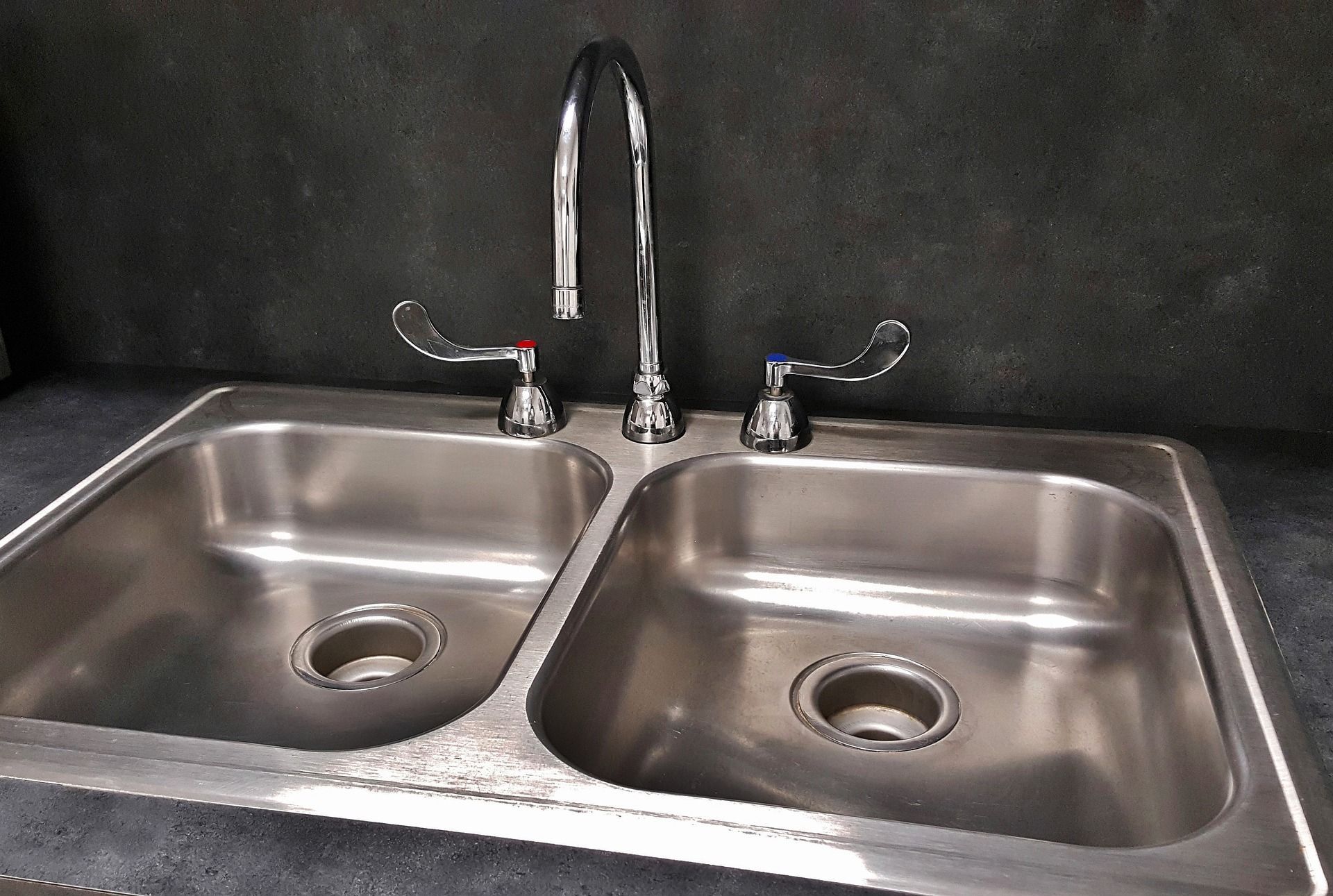
Factors Influencing Cleaning Frequency
The kitchen sink is one of the most used areas in a household, with food scraps, grease, and other debris often ending up going down the drain. Over time, this build-up can lead to clogged drains and other plumbing issues. It is important to regularly clean your kitchen sink drain to prevent these problems from occurring.
There are several factors that can influence how often you should clean your kitchen sink drain. One of the main factors is the amount of use your sink gets. If you have a large family or do a lot of cooking at home, you may need to clean your drain more frequently than someone who lives alone and eats out frequently.
Another factor to consider is what you are putting down your drain. Grease, oils, and food scraps are common culprits for clogged drains, so if you regularly dispose of these items in your sink, you may need to clean it more often. Using a drain strainer can help prevent these items from going down the drain in the first place.
The type of plumbing in your home can also affect how often you need to clean your drain. Older homes with outdated plumbing systems may be more prone to clogs, requiring more frequent cleaning. Additionally, hard water can leave mineral deposits in your drain, leading to build-up over time.
If you have a busy household with a lot of cooking and dishwashing, you may need to clean your kitchen sink drain more often to prevent clogs and bacterial growth. On the other hand, if your sink sees less activity, you might be able to clean it less frequently. Observing how quickly debris accumulates and monitoring any foul smells can also help you gauge when it's time to give your kitchen sink drain some attention.
Regular maintenance is key to keeping your kitchen sink drain clean and functioning properly. You can use natural cleaners like vinegar and baking soda to clean your drain, or invest in a commercial drain cleaner for tougher clogs. Additionally, regularly flushing your drain with hot water can help prevent build-up.
Recommended Cleaning Schedule
To prevent these issues and keep your kitchen sink drain functioning properly, it is essential to establish a regular cleaning routine. But how often should you clean your kitchen sink drain? The frequency of cleaning will depend on several factors, such as how often you use your sink, the type of food you dispose of, and any existing drainage issues.
The recommended frequency for cleaning your kitchen sink drain will depend on how often you use your sink and what types of foods you are washing down the drain. In general, it’s a good idea to clean your drain at least once a month to prevent buildup and keep things running smoothly.
If you use your kitchen sink frequently and regularly wash down greasy or fatty foods, you may need to clean your drain more often – perhaps every two weeks. On the other hand, if you don’t use your sink very often or if you are careful about what you put down the drain, you may be able to get away with cleaning it less frequently – perhaps every two to three months.
There are also preventative measures you can take to keep your kitchen sink drain in good condition. Avoid pouring grease, oil, or coffee grounds down the drain, as these can solidify and cause clogs. Use a sink strainer to catch food particles before they enter the drain, and run hot water down the drain after each use to help flush out debris.
Effective Drain Cleaning Techniques
Clogged drains can be a nightmare to deal with. Not only do they slow down water drainage, but they can also lead to unpleasant odors and potential damage to your plumbing system if left untreated. But before you reach for harsh chemical drain cleaners, consider trying these effective drain cleaning techniques that are both safer for your pipes and better for the environment.
Hot Water Flush
Sometimes, a simple flush of hot water can be all it takes to clear a minor clog. Boil water in a kettle or on the stove and carefully pour it down the drain. The heat can help break down any grease or soap build-up that may be causing the blockage.
Plunger
A plunger is a tried-and-true tool for clearing clogged drains. Simply place the rubber suction cup over the drain opening and push and pull it rapidly to create a vacuum-like effect that can dislodge the clog. Make sure to cover any overflow openings with a wet cloth to ensure maximum suction.
Baking Soda and Vinegar
This natural and non-toxic method can help break down clogs without damaging your pipes. Start by pouring a cup of baking soda down the drain, followed by a cup of vinegar. Let the mixture sit for about 30 minutes, then flush with hot water. The chemical reaction between the baking soda and vinegar can help break down the clog and clear the drain.
Drain Snake
If the clog is stubborn and not responding to other methods, a drain snake, also known as a plumber's snake, can be a useful tool. Insert the snake into the drain and twist it to latch onto the clog. Slowly pull the snake out, bringing the clog with it. Be sure to follow the manufacturer's instructions and wear gloves to protect your hands.
Enzyme Cleaner
For ongoing maintenance and prevention of clogs, consider using an enzyme cleaner. These cleaners contain natural enzymes that break down organic matter, such as food particles and grease, that can cause clogs. Regular use of an enzyme cleaner can help keep your drains clear and odor-free.
Do you need Professionals for Kitchen Sink Drain Cleaning?
While some homeowners may attempt to tackle drain cleaning themselves, there are several reasons why it’s best to leave this task to the professionals.
Professional plumbers have the knowledge and expertise to effectively clean kitchen sink drains. They have access to specialized tools and equipment that can thoroughly remove clogs and buildup, ensuring that your sink drains properly and efficiently. Attempting to clean a drain without the proper tools or experience can actually make the problem worse, potentially causing damage to your plumbing system.
Professional plumbers are trained to identify underlying issues that may be contributing to drain clogs. They can assess the condition of your pipes and recommend any repairs or maintenance that may be necessary to prevent future clogs. By addressing the root cause of the problem, you can avoid dealing with recurring drain issues in the future.
Hiring a professional for kitchen sink drain cleaning can save you time and hassle. Trying to unclog a drain on your own can be a messy and frustrating process, requiring you to potentially disassemble pipes or use harsh chemicals.
The team of experienced plumbers from Tru Flo Plumbing has the skills and expertise to quickly and efficiently clean out even the most stubborn clogs in your kitchen sink drain. We use state-of-the-art equipment and techniques to ensure that your drain is completely clear and free-flowing once again.
Contact
Tru Flo Plumbing today to
schedule a drain cleaning service. We'll have your sink back to normal in no time!
Address: 3215 Dix Hwy, Lincoln Park, MI 48146 | Phone: 1-877-783-TRUE (8783)
Copyright © 2023 Tru-Flo Plumbing, All Rights Reserved
